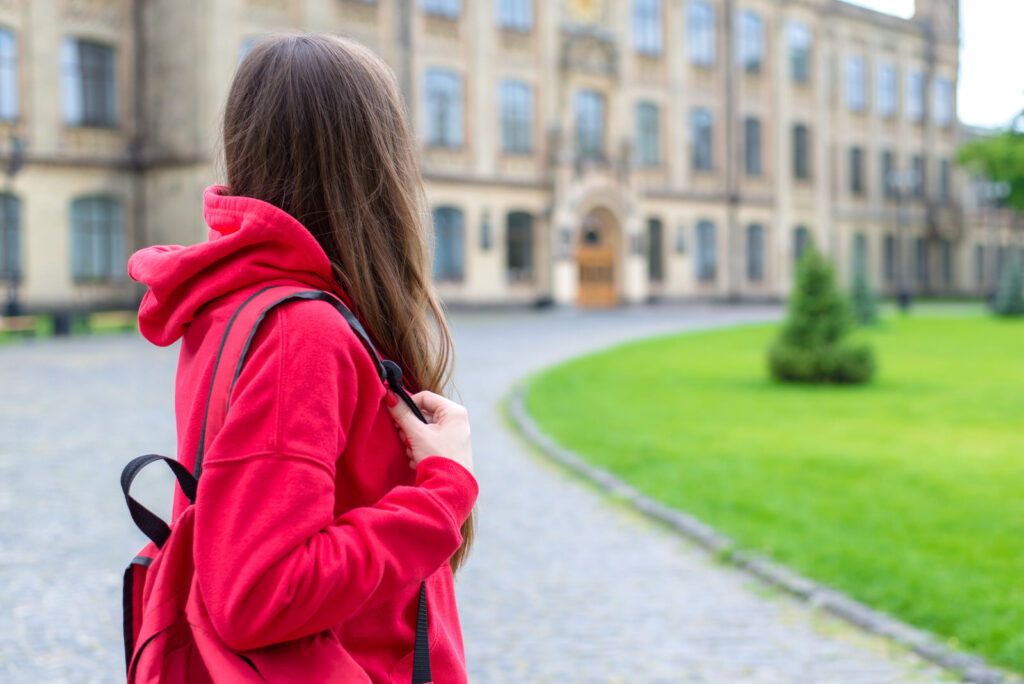Loneliness Awareness Week (9th-15th June): How To Reduce Social Isolation

According to recent figures, 1 in 4 people feel lonely often, always or some of the time*. Loneliness is a significant issue in the UK today; Loneliness Awareness Week runs 9th-15th June and here Mental Health Expert Noel McDermott looks at why we’re feeling more disconnected and how this is impacting our overall health and wellbeing.
Mental health expert Noel McDermott comments: “It seems to be an issue that is growing in significance. Recently the Prime Minister indicated concern that we were becoming strangers to each other which is on the spectrum of expressions of loneliness and isolation. Research backs this up and suggests it’s due to fear of economic insecurity and the loss of communal spaces**. There is also opinion around the overuse of social media spaces creating fragmentation but this isn’t backed by research as young people tend to use social media profiles in the way older people swap numbers to stay in contact”.
What is clear is that we do feel more disconnected, isolated and lonely. For social animals this has significant negative impacts. Loneliness is difficult to measure especially from gendered perspectives in that self reporting will be influenced by expectations. If a person has no expectation of having company they may not report feeling lonely for example. But clinically we can see from research that actual social isolation and also additionally the feeling of loneliness will lead to***:
poorer life outcomes
increased mortality
poorer mental health outcomes
Loneliness is an experienced phenomenon not a measure of social isolation, but feeling lonely does lead to poorer health, increased mortality and worse mental health.
Loneliness as a feeling is a good red flag to use with ourselves or with others and in some ways can be a quick fix with our loved ones. If the experience of loneliness isn’t rooted in actual social isolation it could be open to help in relatively easy ways by for example sending a few more messages to someone to let them know you are thinking of them. Or if you are feeling lonely using behavioural activation to encourage yourself to reach out. We can think of loneliness in this way as an early warning system before we become ill through isolation.
The research indicates feelings of loneliness and or isolation grows in areas of greater economic deprivation and it might be easier to think of this in terms of psychologically a move into survival mode as we are less able to socialise due to not having money. We need to learn from our social history here as indicated by winter festivals such as Christmas. These types of festivals were during Winter when food was scarce precisely because of that scarcity. It was a direct refutation of the scarcity and a move into celebration and abundance. So we got together and pooled resources to have a group festival to engage in abundance and hope. By looking at what we had and sharing it with each other we fought off the depression of dark cold nights and not crops. We are in fact better off if we are all in this together.
Loneliness in Men
With men the research consistently indicates they feel lonely at lower rate than women yet suffer much more from social isolation consequences such as death from suicide. Whilst not researched we can think of this as being in the well searched patter that men ignore or discount early warning signs. If we think of the feeling of loneliness being a good early warning system to tell us to do something before we get ill from isolation, then men ‘discounting’ loneliness makes sense. ‘I don’t feel lonely’ would be something many women will recognise their male partners saying whilst objectively they observe those men drinking too much, getting angry all the time, displaying overwhelmed, isolation and withdrawal.
How To Reduce Social Isolation & Loneliness
In a sense it’s not important to force the issues on emotional intelligence, or naming feelings correctly, but finding the solution. For all of us and maybe particularly for men, simple lifestyle enhances will reduce social isolation and loneliness.
Join a sports club and actively engage in sports and exercise.
As a species we don’t thrive if we are alone or if we feel lonely. So reach out to that neighbour that seems to live alone, talk to that colleague that sits on their own at lunch, chat to your elderly neighbours at the corner shop, offer to help out at a local charity. Remember how we helped each other in the pandemic? What’s changed? Helping others helps ourselves.
Re-connect with family and friends and schedule regular catch ups.
Prioritize self-care and get outside! Spending time in nature can help boost our mood and reduce feelings of depression.
Mental health expert Noel McDermott is a psychotherapist and dramatherapist with over 30 years’ work within the health, social care, education, and criminal justice fields. His company Mental Health Works provides unique mental health services for the public and other organisations. Mental Health Works offers in situ health care and will source, identify and coordinate personalised teams to meet your needs – https://www.mentalhealthworks.net/




